Food, Startups and Innovation: When Limits Become Strengths
In a few days New York will host the Summer Fancy Food Show. As always, it’s an important occasion for the Italian Trade Agency ...
This year the Italian presence is confirmed with about 300 businesses. And this year in addition to Specialty Food and Universal Marketing we have Italian fairs: Tuttofood, Cibus and Vinitaly and FederAlimentare on our side. It’s a true team effort.
Did you focus on any particular products this year?
We don’t have a particular focus this year, also because we realized that the New York Fancy Food Show is an extremely successful and demanding fair for everyone, so we wanted to set up our lounge as a service lounge. A space of encounters and meetings between American operators, Italian operators, and the press. We decided not to carry out additional promotional activities dedicated to specific products.
However, we do have umbrella themes, such as we’ve been using in the last months. Amongst them innovation and startups.
Startups in the food industry?
Yes, they will be discussed at Fancy Food. Even the Italian food industry has exceptional startups and much to offer in terms of innovation.
These startups are for the most part created by young entrepreneurs, in a world of small businesses.
Yes, and they are the future. This is the direction we are trying to follow in our role as Trade Agency.
Italian small businesses are the foundation of our country. 90% of Italian exhibitors at Fancy Food is made up of small to medium businesses.
Startups are a particular category of small to medium businesses. A niche within a niche.
These are all highly innovative businesses. There is a program called Global Startup, supported by the government, which is launching in the United States with various initiatives. For example, with an international open call.
What does it consist in?
It has been compared to the Erasmus program (ed. a study abroad program), an Erasmus for startups. They send young people from Italian startups to gain experience abroad. To give them a chance to grow professionally and better navigate their career within a startup. It’s a highly articulated project.
Startups and innovation within the food industry, this also means sustainability: a fundamental theme.
Absolutely, we are what we eat, but we are also the world we live in. In this sense, the food industry faces responsibilities but also great opportunities.
The food industry on which to invest is based on sustainable production, sustainable distribution, packaging, and fighting food waste. It’s an engagement towards a healthy diet, so better overall health. There is no other single sector that can offer as many challenges but, as we say in these cases, also many opportunities.
Often, when we think of innovation, we think of technology, space, new apps, digital economy, etc. But actually, the biggest effort we should be making probably lies in introducing more and more innovation, sustainability and responsibility within the food industry.
We owe it to our planet...
If we fix the food industry, from how we produce to how we distribute, to how we avoid waste, and to how we take care of our nutrition, we are in fact helping our planet, aiding public spending, and carrying out ethically important work.
And how is Italy doing on this front?
Italy is very open, it is playing its cards right on this issue. One of our limitations, that of the small size of our businesses, is also a source of strength. All these businesses are not multinational corporations with thousands of employees that can produce in one place today and somewhere else the next...they are small family businesses, often tied for generations - with their feet, head, and heart - to their land.
And these are often businesses that make products with a geographical denomination, so they can and must be exclusively produced in a certain place.
And, for some time now, these are also businesses that have been “revamped”
Yes, often these are also young businesses, because we have this return phenomenon. Young people who care deeply for community in a social sense, one tied to the concepts of respect for the land, of its promotion, of inclusion. Inclusion of those who remained behind, have a hard time keeping up, those who need to work but also more help.
And Italy is the country of the Mediterranean Diet.
With our Mediterranean Diet model we are considered “the healthiest country,” so we have the best chance of bettering our health through food. And it must be said that our health is also due to our excellent healthcare system.
A system that we criticize too often.
The Italian healthcare system, which by the way is infinitely less expensive than the American one, ensures us an average life expectancy that is almost ten years higher.
And let’s return to innovation to come full circle.
Yes, all of this has to do with innovation, also with the presence of young generations, young people who return to the countryside, but it also has to do with startups that are inventing new systems to promote the food industry, to get up on the right foot.
Let’s talk internationalization, exports. Many Italian businesses come to Fancy Food with this intention. What are some of the mistakes, the traps let’s say, that a business could fall into when presenting itself to the international market?
Exporting doesn’t mean selling in a different place, it means setting up a business that usually only deals on the domestic market, in a completely different way.
If they decide that they want to export to the United States, that means they’ll have to do all their homework first. Especially, it’s best not to choose the US as the initial market (primo mercato) but as the destination market (mercato d’arrivo).
So how should they approach the United States?
By making a strong effort to “anglicize” the business. With this I mean that it’s not enough for the export manager or the export office to speak English, the business has to be completely organized in English, all its catalogs, all the labeling, the website, social media, tech offices, production offices. Everyone has to be ready to interact in English.
American clients will expect to speak with the administration or with the production department. They want to find someone on the other side who understands them and can explain how to make a payment, or how to go over a list of ingredients. Basically, the company has to be equipped to handle any subject, any request in English.
And appropriate storytelling is essential.
They need to be able to tell their story. The belief that since we are Italian we are celebrated food industry superheroes is completely false.
There is a good awareness of Italian products, of our culinary specialties, but it’s still quite limited and concentrated in large cities. I’m talking about mostly coastal cities, like New York, Washington DC, Miami, San Francisco, Los Angeles, and a bit in Chicago, lately in Texas.
But the United States still need to be reached.
Yes, knowledge of our excellences, of our singularity is still very limited. Businesses have to be able to use digital channels to tell their story, especially since our products are often more expensive.
And are Americans willing to spend more?
Yes, they are but they have to know why. If we are not able to tell them and convince them, the operator facing us will immediately terminate our meeting.
Another very important aspect is knowing how to handle packaging, labeling and logistics, because in many cases the US importer takes care of that but he does it for dozens of suppliers and for hundreds of products, so with a significant push towards the final consumer.
It’s important that the company, maybe not right away but in a second moment, set up an efficient logistical system. Even if they decide to only sell to a few states, they have to always be on top of their deliveries and will probably need a dedicated staff to take on marketing and storytelling activities, something which isn’t normally done in Italy.
And let’s get back to the need for innovation again in this case.
Yes, innovation. I’m convinced that we have the best cheeses, the best oils, the best pastas, the best vegetable preserves in the world, but if you come here with a classic product, classic packaging, so with a great Granarolo pasta, an excellent extra virgin olive oil, exceptional tomatoes, you should know that these products already exist in the US.
Coming here with yet another “olive oil made on this specific hill, where we have been making it for 150 years with lots of love so therefore it’s the best” probably won’t be sufficient.
You also have to bring innovation, which can be in the aromatization, in the packaging, in the mode of operation… American clients are very curious, they are ready to pay a higher price but not for a base product. They have already known the base product for decades, so they buy and continue to buy - and will keep an eye on the cost - the brand that they are familiar with.
So they have to capture the curiosity and the fantasy of Americans...
Yes, that’s another thing that we see at Fancy Food, that’s why it’s called “fancy” and not “traditional” food. The element of innovation, of trend, of glamour has become central in the food industry as well.
I would like to go back to the Italian family businesses. Which are today the advantages and disadvantages of a family-based food company?
Now I’m not going to give any names - I can’t in my position - but we have examples of great companies born from families.
I’ll give some names: Barilla, Colavita, Auricchio, Zanetti…
Exactly. We could say that they were born in different times, but I want to talk about the present. These are all family businesses that have shown that family management, when done right, allows a business to become a global leader, to become a multi-billion business that confronts the market with great efficiency.
I don’t think it’s a question of family or not, of big or small, but it’s always a question of how it’s managed. If a business is well managed, it will thrive. But if a family business in which the skills and the DNA of the mom or dad who funded it aren’t passed down to the children, or if the children fight amongst each other, or if they haven’t been able to innovate and keep up with the times, or if they made bad investments, or if they failed to invest in capable managers for certain positions, then the problem isn’t that it’s family business, it’s bad management.
So family is still important?
Family businesses have some advantages in the food industry, the ones I mentioned earlier. Especially because they aren’t just looking for profit wherever they can find it, but have strong ties to the place they were created in.
Many of these businesses became multinational corporations, they bought entire firms all over the world, but still when we think of them we identify them with the place they were born, where they continue to be centered.
Let’s give an example: Ferrero in the town of Alba in Piemonte, a true force.
In the food industry, businesses, family, and land make up a trifecta that is much more powerful than in technology or in other sectors in which we also have excellent examples.
But that’s true today, especially perhaps because of what we said earlier about how the younger generations of those families have studied abroad, learned languages, earned degrees, and then returned to their family business.
Let’s look at the wine industry for example. There are many examples of family businesses that successfully went through a generational passage.
Like I was saying there are families and there are families. Family is precious but in the end skill and good management are what counts.
And the food industry is maybe one of the few sectors in which you don’t necessarily have to be big to be successful. But you do have to be among the leaders in your niche market. You can become a big international name with 2 million euros a year, but you have to make a truly special product, innovative, different.
Italy is the leading country in almost 250 global niche markets, some of these by the way are worth billions. So again, it’s not necessary to be big but, if you want to be competitive in your sector, you can’t have a flat product that any other company - many of which bigger than yourself - could have. You have to stand out and innovation is one of the keys.






























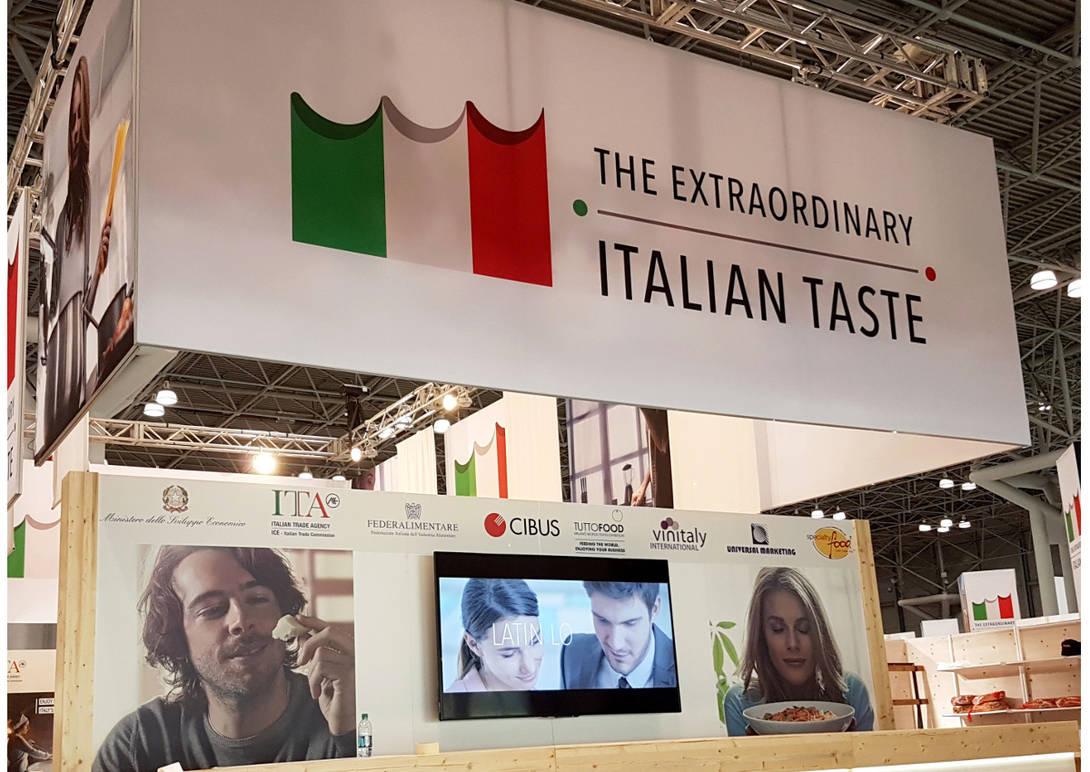


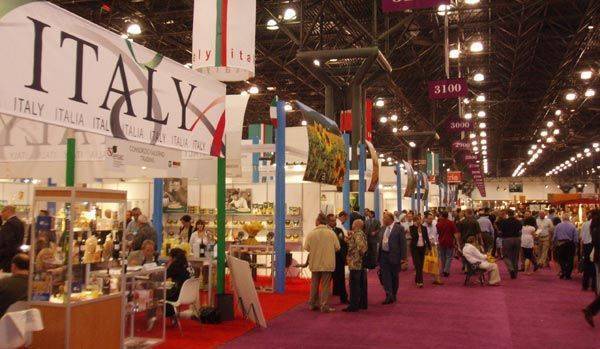
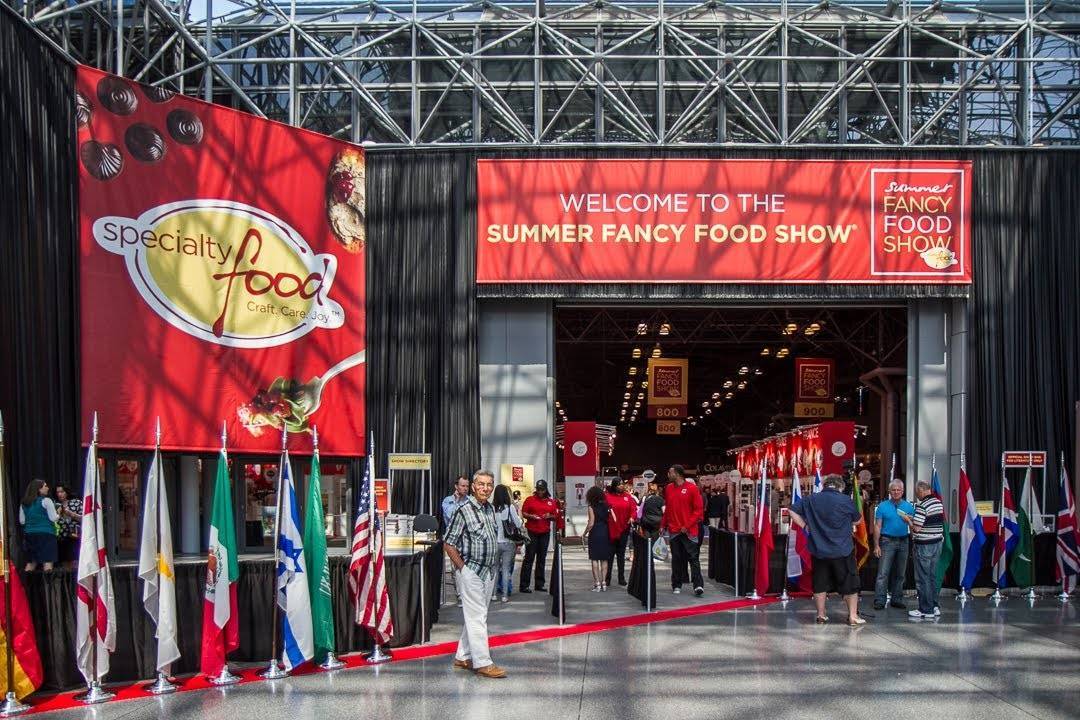
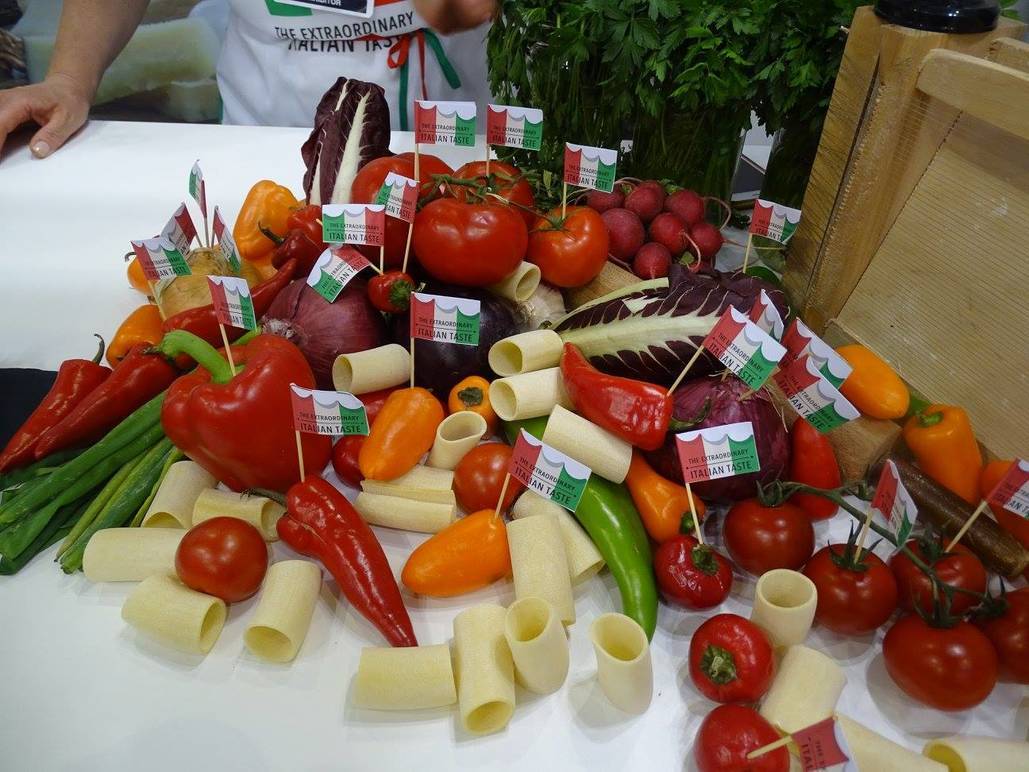
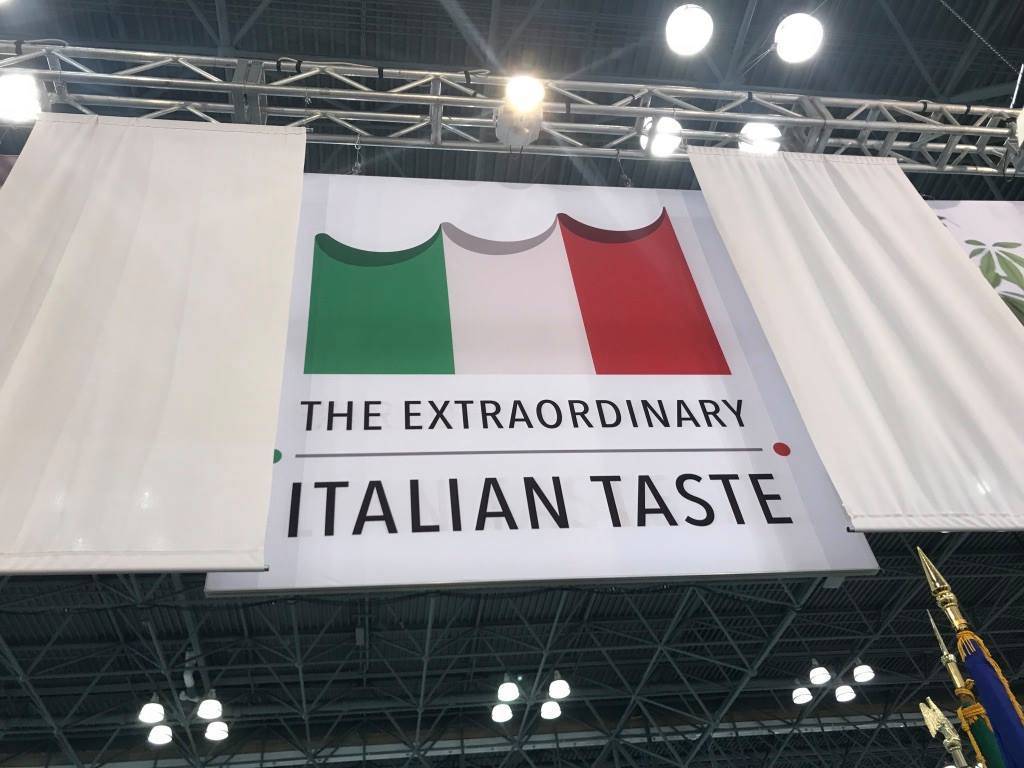
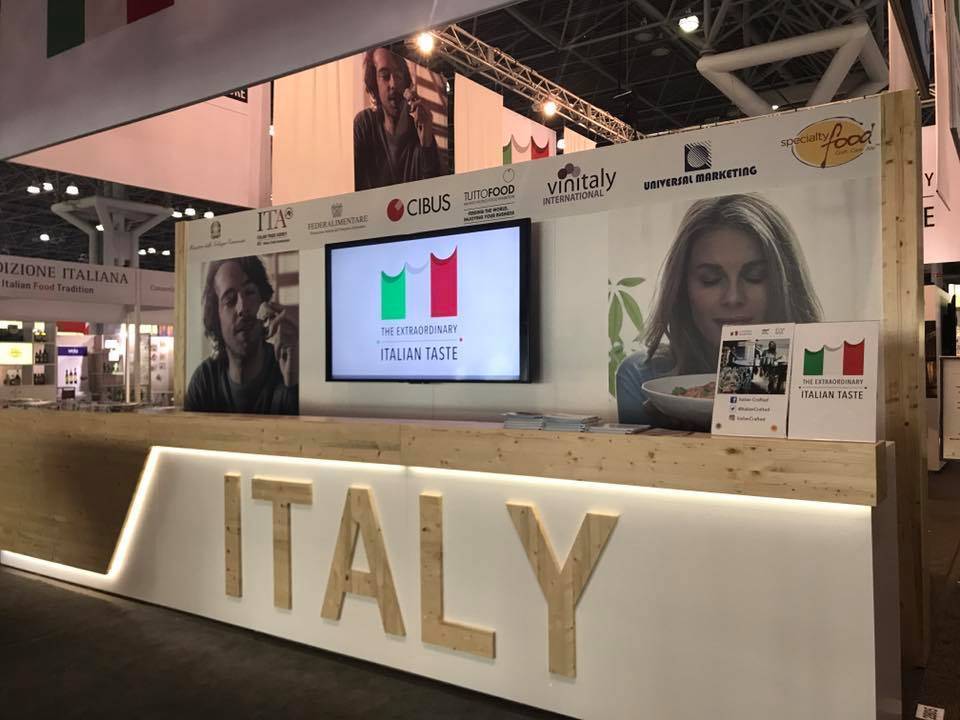
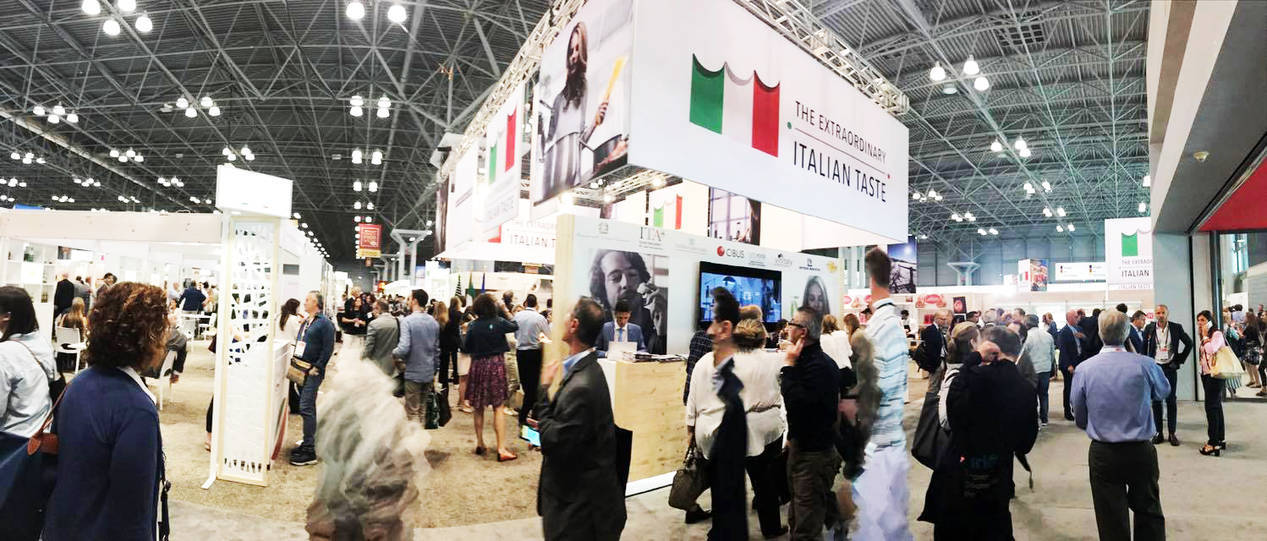



i-Italy
Facebook
Google+
This work may not be reproduced, in whole or in part, without prior written permission.
Questo lavoro non può essere riprodotto, in tutto o in parte, senza permesso scritto.